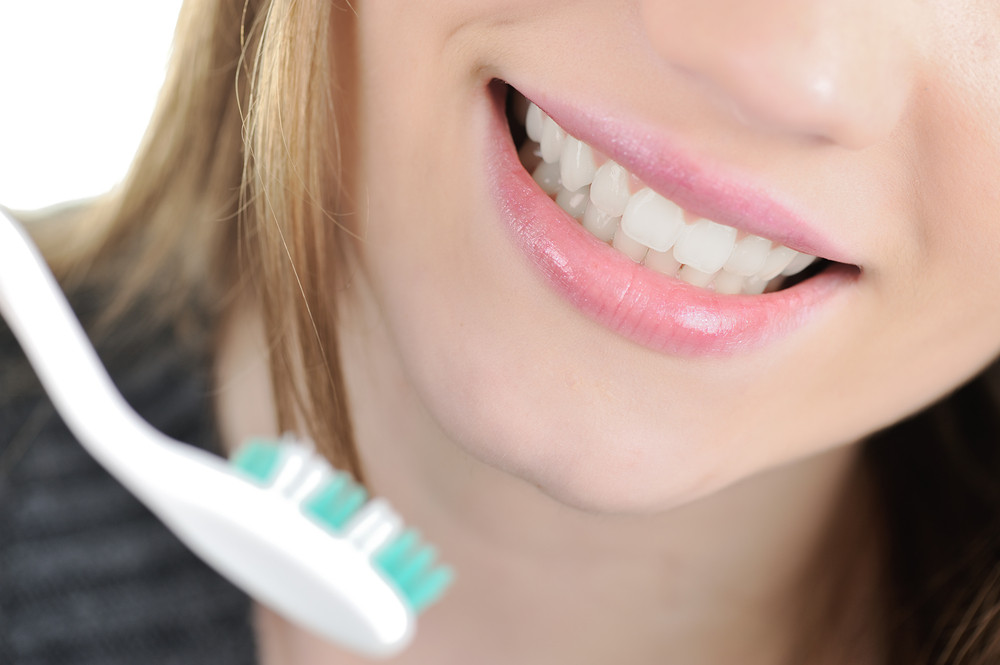Plenty of people have a hard time with proper oral care, and it’s not because of a lack of effort. It’s more because there is an issue with education about oral health. For example, cavities aren’t inevitable, but at least 90% of adults 20 and older have had one or more cavities according to the … Continue reading 5 Simple Ways to Improve Your Oral Health
If you and your dentist have decided that dental implants are the best treatment option to restore missing teeth, there are a few things you will need to know about caring for your implants. Dental implants are quickly becoming the standard of care to replace missing teeth. According to the Total Freedom Dental Implant Center, … Continue reading How to Care for Your Dental Implants
When you look good, you feel good. A missing tooth can have a negative impact on your appearance and, subsequently, your confidence. If you’ve lost a tooth, you might be wondering what you should do next. You might have questions about replacement options or about what happens if you don’t replace the missing tooth. If … Continue reading What Happens if You Don’t Replace a Missing Tooth?
We’ve known that oral health is an essential aspect of our overall general health for a long time. In the early 1980s, U.S. Surgeon General C. Everett Koop coined the phrase, “You’re not healthy without good oral health.” Yet, 34 million school hours are lost every year due to unexpected (emergency) dental treatments, losing approximately … Continue reading How Poor Oral Health Affects Children
As you get older, your mouth and teeth are prone to problems. You may also experience pain or discomfort in the jaw, gums, or tongue. These problems can occur at any age, but they often happen when people reach middle-age and beyond. For the best dental care, preventative measures such as brushing your teeth twice … Continue reading Best Dental Care: 6 Tips for Having a Healthy Mouth




